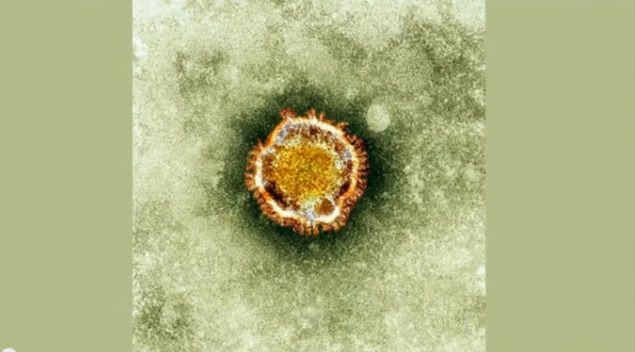Saudi Arabia Reports 4 New Cases Of Coronavirus

Saudi Arabia's Ministry of Health announced four new confirmed cases of coronavirus in its eastern region. The statement appeared on its website Monday, May 13.
The Ministry stated that one patient who was diagnosed with the novel coronavirus, or nCoV, has been released from a hospital after recovery, while the other three patients are still under medical observation and receiving proper treatment.
The Centers for Disease Control and Prevention (CDC) reported that the novel coronavirus caused respiratory illness in 34 adults from Saudi Arabia, Qatar, Jordan, the United Kingdom, the United Arab Emirates, and France. Among the 34 cases diagnosed since September, 20 were fatal, CDC noted.
"Anytime a new virus starts infecting humans, we have to take it seriously and especially a virus which has killed 60 percent of the people it infects," said the World Health Organization's (WHO) spokesperson Gregory Hartl regarding the recent outbreak.
It is likely the nCoV virus could be passed between people in close contact, WHO reported.
There are no reports of anyone in the United States getting infected with nCoV. The nCoV was recently found for the first time in humans, and scattered cases have occurred across parts of the Middle East, particularly Saudi Arabia.
The family of viruses, known as "coronaviruses," is named for the crown-like spikes on its surface. Common around the world, coronaviruses often cause colds but the current nCoV attacks the respiratory system with severe symptoms, including fever, cough, and shortness of breath, possibly leading to pneumonia and even kidney failure.
The nCoV is different from any previous coronavirus, including the one that caused SARS (severe acute respiratory syndrome) in 2003. Like the SARS virus, however, the novel coronavirus is most similar to coronaviruses found in bats. Coronaviruses sometimes infect animals. Most coronaviruses usually infect only one animal species or, at most, a small number of closely related species. However, SARS coronavirus can infect people and animals, including monkeys, Himalayan palm civets, raccoon dogs, cats, dogs, and rodents.
Indicating that consultant specialists from international universities in the U.S. and Canada have been hired, Saudi Arabia's Ministry of Health noted that their investigation has been included under the National Scientific Committee for Infectious Diseases, which comprises of consultants from Saudi universities and military and specialized health sectors. Meanwhile, the Ministry stated that it intends to issue updates and scientific recommendations on the disease. The following video, from AljazeeraEnglish, can be found on YouTube:
Published by Medicaldaily.com



























